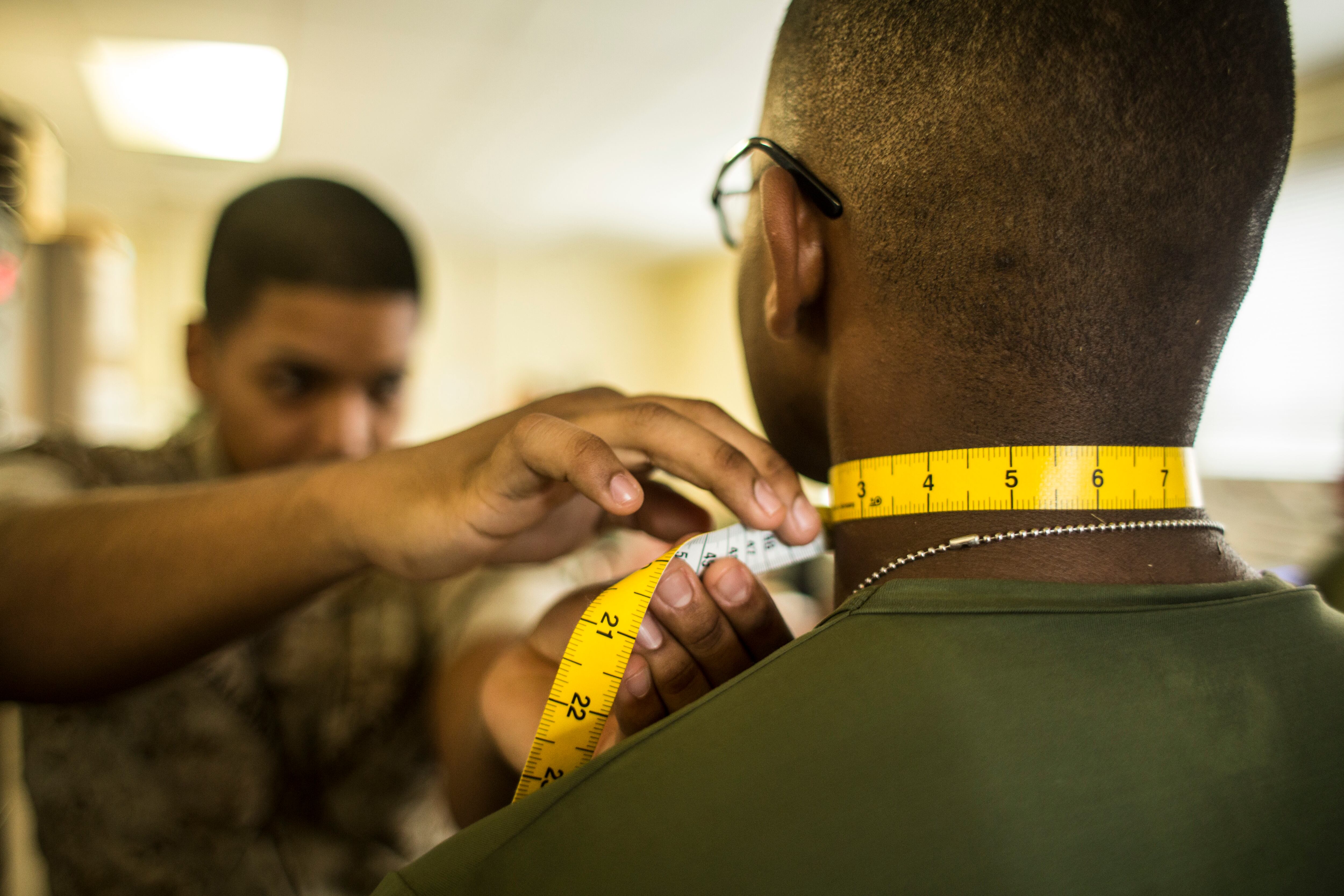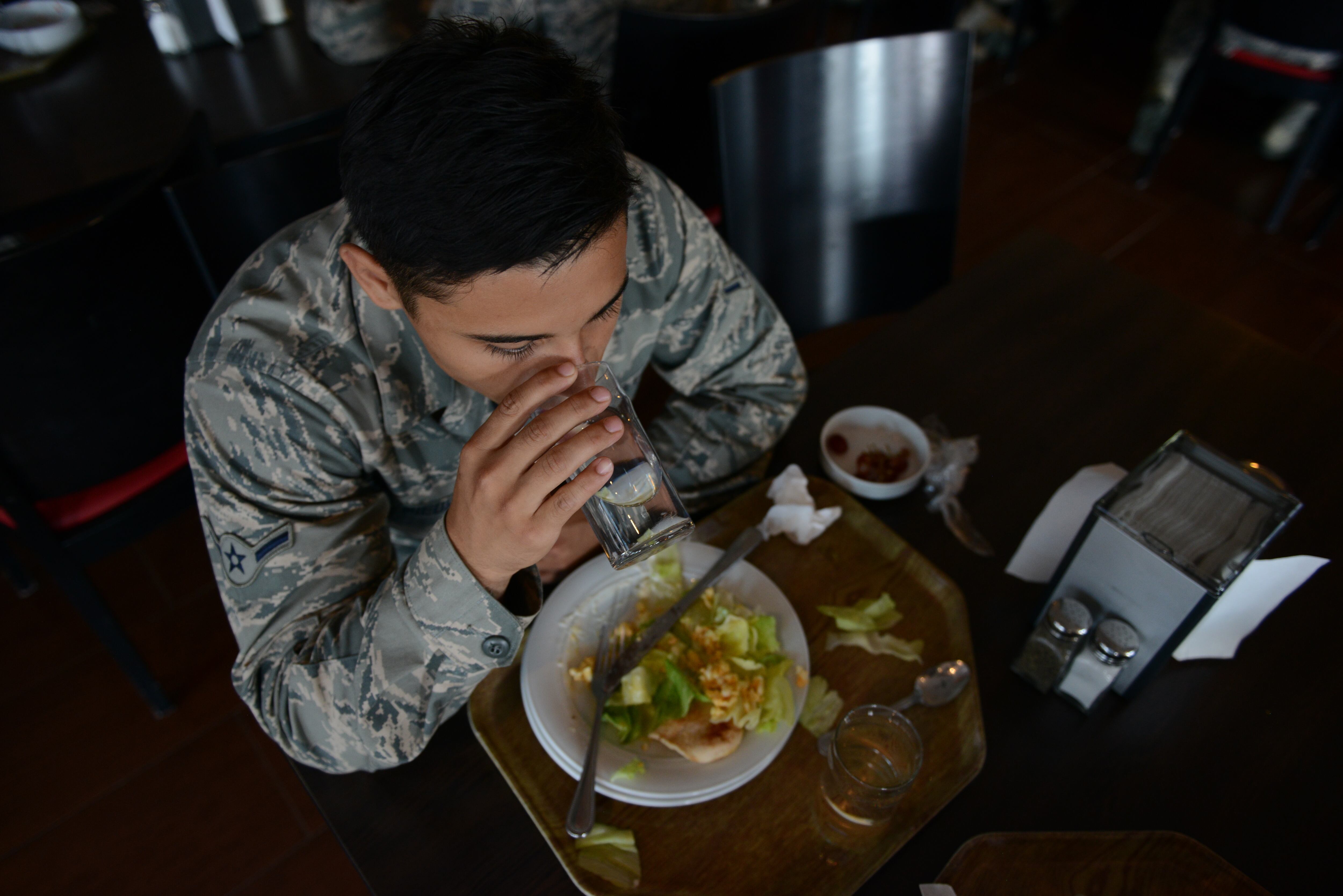American veterans volunteered to help Ukraine fight after Russia invaded the country in February, Congress passed landmark legislation to help service members affected by toxic exposure and the Defense Department is retiring the National Defense Service Medal on Dec. 31.
Along with Russia’s invasion of Ukraine and veterans’ issues, these were the top headlines in 2022 and, as such, the articles most viewed by Military Times’ readers.
Each section below reflects several stories from a significant event or a single story that generated attention in the past year. (When curating the list of top stories, editors chose to leave out stories from the Military Times’ Observation Post).
The war in Ukraine

After a military buildup, Russian President Vladimir Putin sent his troops into Ukraine on Feb. 24 for what he has called a “special military operation.” Within days, Ukrainian President Volodymyr Zelenskyy created “The International Legion of Territorial Defense of Ukraine” and invited volunteers from other countries to fight alongside Ukrainians in defense of the country. A number of American veterans joined the fight against the Russian invasion, but not all of them would not return home. At least 10 Americans have died fighting in Ukraine, and at least two Americans were taken captive. Military veterans Alex Drueke and Andy Huynh, both from Alabama, were captured and held for three months before they were released.
Meanwhile, roughly 20,000 U.S. troops were mobilized throughout central and eastern Europe in anticipation of the Russian invasion of Ukraine and then in response to it. Most are posted in partner nations, training with local troops. Military Times’ comprehensive coverage on the war in Ukraine includes live updates from the days immediately following the invasion, U.S. military aid sent to Ukraine, and analysis from defense leaders.
A formal end of the Afghanistan and Iraq Wars

After Dec. 31, the Defense Department will no longer award American service members the National Defense Service Medal. Since the Sept. 11 attacks, all troops have been able to pin the award on their uniforms after completing initial training. Defense Secretary Lloyd Austin made the announcement about the medal’s retirement in a memo, writing “termination is based on the United States no longer conducting large-scale combat operations in designated geographic locations as a result of the terrorist attacks on the United States that occurred September 11, 2001.”
The National Defense Service Medal had been previously activated for five years during the first Gulf War, 13 years for Vietnam and four years for the Korean War. Service members may still receive the Global War on Terrorism Service Medal or the Inherent Resolve Campaign Medal if they qualify.
A new emphasis on veterans’ issues

President Joe Biden signed into law a comprehensive package to help veterans who are affected by toxic exposure. The Promise to Address Comprehensive Toxics Act, or PACT Act, was the result of more than a decade of work to make sure those with toxic exposure injuries, particularly related to burn pits in combat zones, get the health care they need through the Department of Veterans Affairs. Those efforts started with Congressional hearings after Military Times first reported troops’ concerns about the burn pits in 2008. The PACT Act passed with bipartisan support after veterans rallied and protested around the clock on Capitol Hill.
While veterans with illnesses that stem from burn pits have garnered the most attention, the law will also help Gulf War veterans and Vietnam veterans affected by Agent Orange exposure. It also included the “Camp Lejeune Justice Act,” which allows civil lawsuits against the government for injuries related to water contamination at the Marine Corps base from August 1953 to December 1987.
Congress also finalized plans to guarantee veterans the biggest cost of living boost in 40 years. Beginning Jan. 1, 2023, veterans will receive an 8.7% increase on payouts for disability compensation, clothing allowance, dependency, and other programs. Lawmakers must pass legislation annually to ensure veterans’ payouts keep pace with Social Security and other federal benefits, which are adjusted each year to reflect increases in costs like rent, groceries and utilities.
The VA proposed changes to its disability ratings system, a move that could mean lower payments for veterans with sleep apnea and tinnitus but higher payouts for veterans dealing with mental health challenges. VA officials did not announce a date for the ratings changes, which were subject to a public comment period earlier this year.
The VA also expanded caregiver benefits to veterans of all eras. The program is designed to support full-time caregivers who provide at-home assistance to severely wounded veterans. Officials estimate the expansion could help an additional 16,000 families.
Sweeping changes could also be coming for VA health care facilities. A plan released in March recommends closing three major medical centers and more than 170 outpatient facilities. It also calls for building 255 new health care and community living facilities, a move to help put more veterans closer to basic medical care and specialty care. It would take several years for the closures and new facility construction to be implemented, if at all.
Changing fitness and body composition guidelines

The Defense Department updated guidelines for its physical fitness and body composition program in March. The change allows the branches to tailor guidelines to meet the needs of their service members and missions. This gives services the freedom to determine the best way to evaluate body composition, as long as service members still meet certain criteria under each option.
The Marine Corps announced in August it will move away from the tape test and instead use X-ray scanners and other technology to determine body fat composition. The Army is weighing whether changes to body fat measurement are supported through data from a study on the service’s body composition policy but decided to keep its current height and weight screening tables.
The new DoD guidelines also remove language for specific options when it comes to physical fitness testing, leaving each branch responsible to test fitness levels of service members as they want. It also states testing physical fitness only needs to happen once a year and does not dictate that the evaluation be a literal test. The Space Force reportedly plans to eliminate an annual fitness test in lieu of monitoring fitness through a device like a Garmin or FitBit.
Additionally, DoD’s new policy requires branches to create tests based on occupational requirements.
Giant food allowance increase for troops

Service members will receive an 11% increase in their monthly Basic Allowance for Subsistence in 2022, the largest percentage increase in the 21-year history of the food allowance. The BAS is intended to offset the cost of meals for service members, not family members, and is adjusted by food prices each year.
Military families have been feeling the pressure of increasing inflation, and the Defense Department unveiled initiatives this year to combat that. The measures include a temporary boost in Basic Housing Allowance for some active duty members for the second year in a row, new guidelines for the Basic Needs Allowance, and changes designed to keep costs down for commissary shoppers.
Recruiting veterans to fill teacher shortages

Several states have reported dealing with teacher shortages, but Florida offered an incentive for veterans to fill those roles. The Florida Department of Education announced an initiative to allow veterans to teach without typical accreditation or requirements other certified teachers need. Veterans still need to meet certain qualifications to be hired, including some college credits and supervision by a teaching mentor. Critics argued the move could lower the state’s standard of education.





